Wisconsin Athlete Became the First Black Olympic Medal Winner in 1904
Share
Explore Our Galleries
Breaking News!
Today's news and culture by Black and other reporters in the Black and mainstream media.
Ways to Support ABHM?
From the African American Registry and Wikipedia
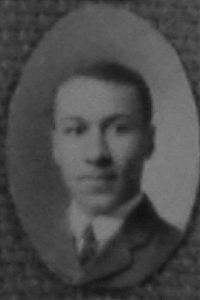
On this date in 1904, the first Black Olympic medal winner was crowned. George Coleman Poage (November 6, 1880–April 11, 1962) won a bronze medal in the third Olympic games in St. Louis, Missouri.
With fewer than 12 nations there, they celebrated the centennial of the Louisiana Purchase and the world’s fair that same year in the midst of an undercurrent of racial uneasiness. Black and white exhibits were mounted separately, and “colored” areas were apart from the others. Many wanted African-American athletes to boycott both the fair and the games, but Poage elected to participate becoming the first African-American athlete awarded a medal in a modern Olympiad.
With fewer than 500 athletes participating in the games, Poage was running for the Milwaukee Athletic Club (their first non-white competitor). He won bronze medals for finishing third in both the 200-meter and 400-meter hurdles.
Poage’s family moved to La Crosse, Wisconsin when he was still a youngster. At La Crosse High School Poage excelled as both a student and an athlete. He was easily the school’s best athlete. As the second-best student in his class and its first African-American graduate, at commencement in 1899 he addressed the assembly as the salutatorian of his class.
The following fall he became a freshman at the University of Wisconsin–Madison. After competing with the freshman track squad in 1900, he joined the varsity track and fieldteam during his sophomore year. Poage was the first black athlete to run for the UW, specializing in the short sprints and hurdles. A consistent point winner for his team, he quickly became well respected. When the track coach was called out of town in 1902, the student newspaper The Daily Cardinal reported “while [Coach] Kilpatrick is absent, Mr. Poage will take charge of the track work.”
Poage graduated in 1903 with a degree in History. His senior thesis was titled “An Investigation into the Economic Condition of the Negro in the State of Georgia During the Period of 1860-1900.” He returned to the University for the 1903-04 school year to take graduate classes in History. To help support his extra year on campus, the athletic department hired him to be a trainer for the football team. In June 1904, he became the first African-American individual Big Ten track champion in conference history, placing first in both the440-yard dash and the 220-yard hurdles.
Poage returned to St. Louis after the Olympics to teach at segregated Sumner High School, where he was the head of the English department and helped coach the school’s sports teams. After teaching at Sumner for about ten years, he purchased a farm in Minnesota and lived there until after World War I.
Moving to Chicago at the height of the Jim Crow era, he found few job opportunities available for blacks, even those with a college degree. In 1924, Poage was hired by the United States Postal Service and worked as a postal clerk for nearly thirty years. After his retirement in the 1950s he remained in Chicago until his death in 1962.
He was elected to the Wisconsin Athletic Hall of Fame in 1998.
Find more stories about Black excellence.
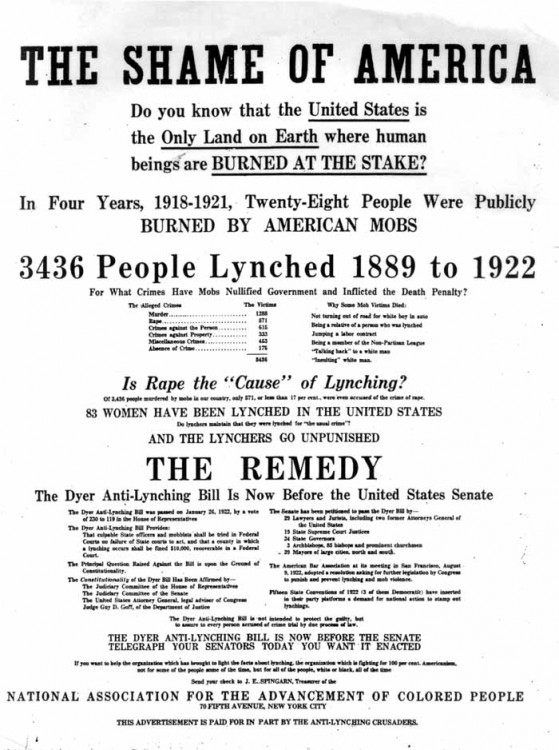
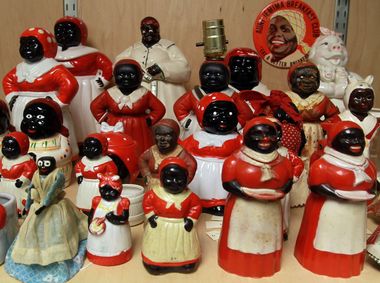
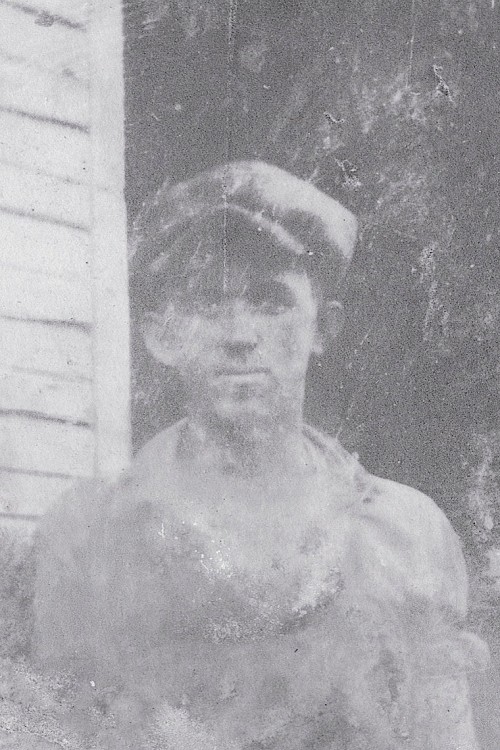
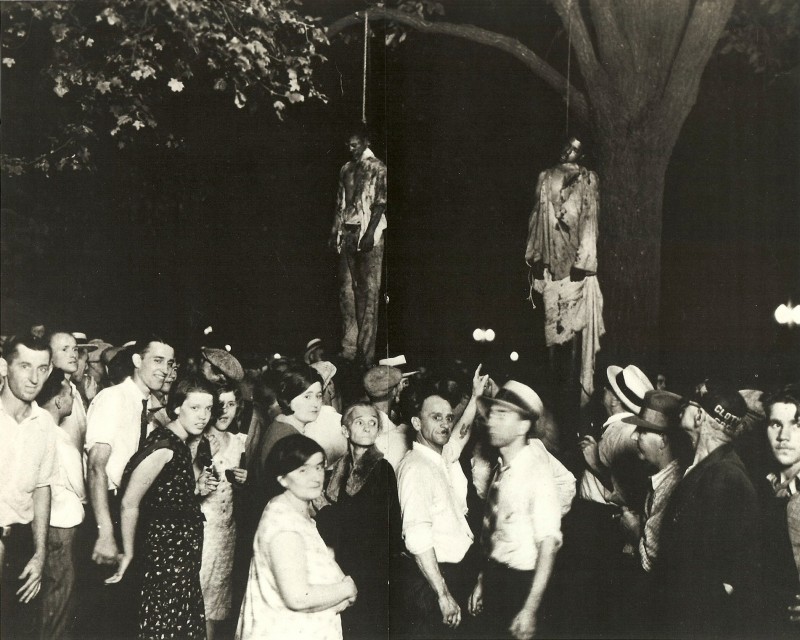
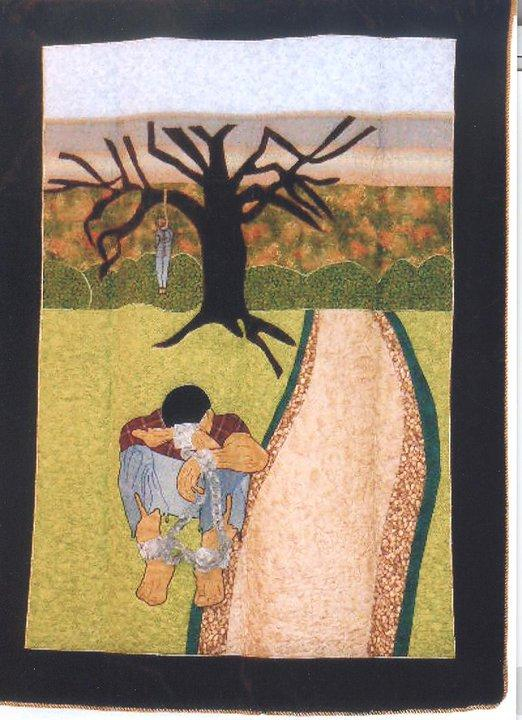
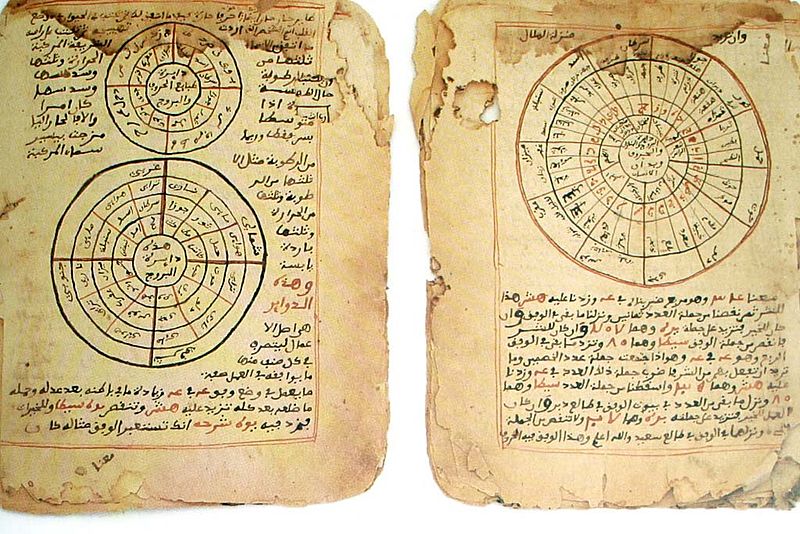
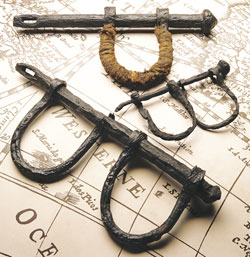


Comments Are Welcome
Note: We moderate submissions in order to create a space for meaningful dialogue, a space where museum visitors – adults and youth –– can exchange informed, thoughtful, and relevant comments that add value to our exhibits.
Racial slurs, personal attacks, obscenity, profanity, and SHOUTING do not meet the above standard. Such comments are posted in the exhibit Hateful Speech. Commercial promotions, impersonations, and incoherent comments likewise fail to meet our goals, so will not be posted. Submissions longer than 120 words will be shortened.
See our full Comments Policy here.